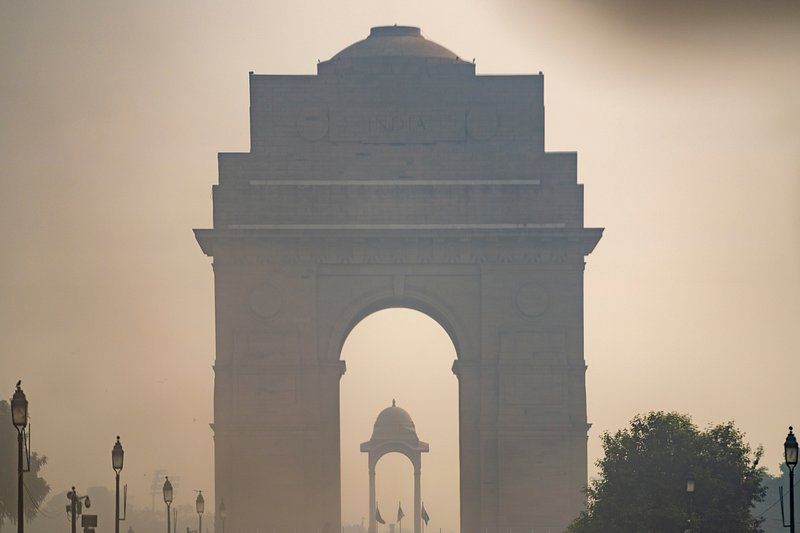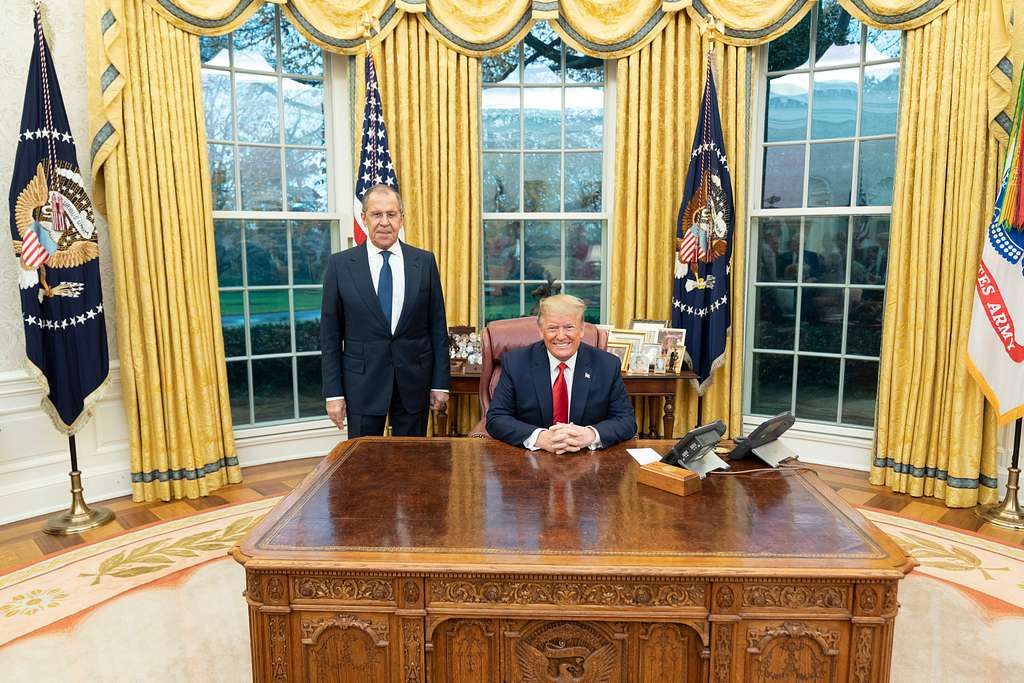What is Religion Crisis : Is World Facing Religion Crisis?

In the modern era, the world grapples with a crisis of religious faith. Global interconnectedness, socio-political changes, and the impact of events like racism, violence, and economic disparities have intensified this fragility. As religious men and women, we are called to respond prophetically, offering hope and compassion amidst suffering and uncertainty. Additionally, 85% of people worldwide adhere to religious or spiritual traditions, shaping their values and participation in communities and societies. However, challenges persist, including religious persecution, changing understandings of identity, and citizenship.
Here are 50 reasons contributing to the crisis of religious faith:
- Secularization: Growing secularism and declining religious adherence challenge traditional beliefs.
- Scientific Advancements: Discoveries sometimes conflict with religious narratives.
- Individualism: Emphasis on personal autonomy leads to questioning of dogmas.
- Religious Pluralism: Exposure to diverse beliefs prompts reevaluation.
- Ethical Dilemmas: Modern issues (e.g., reproductive technologies, LGBTQ+ rights) challenge faith.
- Loss of Trust: Scandals within religious institutions erode confidence.
- Generational Shifts: Younger generations express less religiosity.
- Globalization: Exposure to different cultures fosters skepticism.
- Interfaith Tensions: Conflicts between religious groups create doubt.
- Existential Questions: Crises force reevaluation of life’s purpose.
- Moral Relativism: Changing ethical norms impact religious views.
- Political Polarization: Religion becomes entangled in divisive politics.
- Internet and Information: Access to diverse perspectives fuels questioning.
- Gender and Sexuality: Evolving attitudes challenge traditional teachings.
- Post-Truth Era: Skepticism affects religious claims.
- Historical Criticism: Analyzing religious texts raises doubts.
- Cognitive Dissonance: Contradictory beliefs cause inner conflict.
- Materialism: Focus on material wealth diminishes spiritual priorities.
- Consumer Culture: Materialistic values overshadow spiritual ones.
- Religious Violence: Extremist acts tarnish faith’s image.
- Science Education: Scientific literacy impacts religious acceptance.
- Religious Authoritarianism: Dogmatic leaders alienate followers.
- Emotional Trauma: Personal suffering challenges faith.
- Religious Stagnation: Lack of innovation makes faith seem outdated.
- Religious Hypocrisy: Double standards weaken belief systems.
- Religious Exclusivity: Claims of exclusivity alienate seekers.
- Lack of Evidence: Skeptics demand empirical proof.
- Fear of Death: Mortality forces contemplation of afterlife.
- Religious Burnout: Overcommitment leads to disillusionment.
- Secrecy and Mystery: Hidden practices raise suspicion.
- Religious Consumerism: Commercialization cheapens spirituality.
- Religious Trauma Syndrome: Negative experiences scar faith.
- Environmental Concerns: Earth’s crisis impacts spiritual outlook.
- Religious Fundamentalism: Rigidity stifles open dialogue.
- Loss of Community: Disconnection weakens religious ties.
- Religious Apathy: Indifference grows in busy lives.
- Religious Ignorance: Lack of education breeds skepticism.
- Religious Identity Crisis: Shifting identities unsettle believers.
- Religious Intolerance: Intolerant attitudes push people away.
- Religious Dogmas: Inflexible doctrines hinder growth.
- Religious Privilege: Unequal treatment undermines faith.
- Religious Artifacts: Ancient relics lose relevance.
- Religious Taboos: Outdated rules create tension.
- Religious Bureaucracy: Hierarchies seem disconnected.
- Religious Rituals: Repetition without meaning erodes faith.
- Religious Indoctrination: Early teachings may not withstand scrutiny.
- Religious Skepticism: Intellectual doubts persist.
- Religious Nihilism: Belief systems seem futile.
- Religious Silence: Lack of divine communication breeds doubt.
- Religious Inertia: Tradition persists without conviction.








